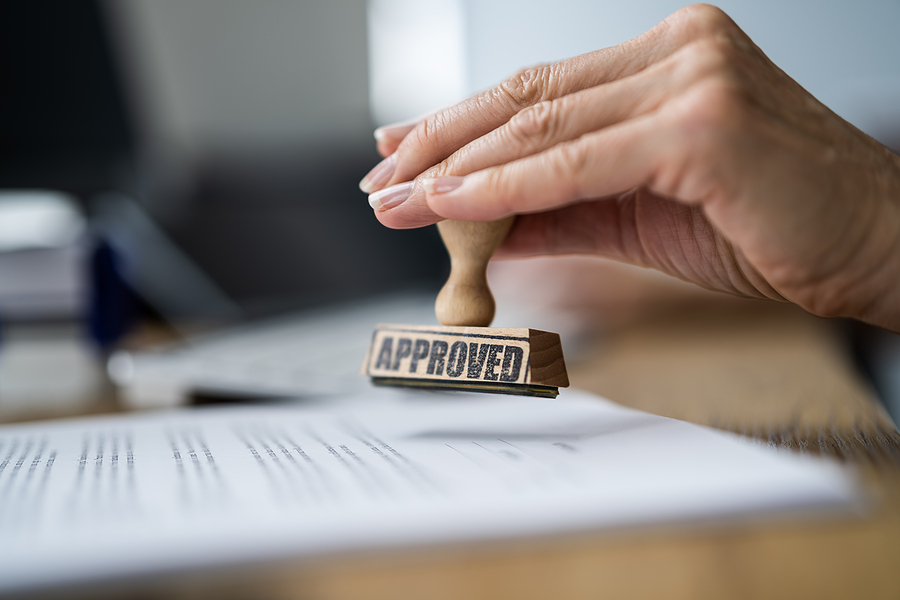Planning permission can be very confusing, especially if you’ve never needed to apply for planning consent before. In addition, not everyone is aware of the many different types of planning permission that exist and why you need to apply for planning permission.
While not to be taken as a comprehensive guide, the below information should help you gain a basic understanding of Planning permission in the UK.

What is planning permission?
Planning permission is the process of obtaining permission from the local authority to build a new property, make an alteration or complete some building work on your existing property.
Planning permission can be either granted or refused depending on any rules or restrictions that have been put into place by your local authority.
Why do I need to apply for planning permission?
Planning permission is a way for local authorities to enforce guidelines which ensure that any building work is in-keeping with the immediate surrounding area and doesn’t have a negative effect on local residents. In short, planning permission stops people from building anything they want to!
When is planning permission required?
Here’s a small sample of instances when planning permission is required:
- When constructing a new property
- When converting an existing property into multiple dwellings
- A loft conversion that alters the structure of a building (like a dormer for example)
- Extending an existing property
- Adding an outbuilding to an existing property
Permitted development.
Depending on the type of building or renovation work that you are undertaking, not all forms of construction require planning permission. This is known as “permitted development”. Speak to your local Architect or local authority to find out more.

Are there different types of planning permission?
There are numerous types of planning application categories. However, most applications typically fall under one of the following types:
Householder planning consent.
This is required when you want to make alterations to your existing house or extend your house within your existing boundaries.
Outline planning consent.
This is required for achieving planning consent in principle for your development project before any costly detailed drawings are prepared.
Details such as the design and appearance, landscaping and access can be agreed as “reserved matters” later in the application process. When compared to full planning permission, Outline planning permission requires fewer details to be submitted initially.
Reserved matters.
Once outlined planning permission has been accepted, the applicant can then move onto the reserved matters stage – where further details about the development will need to be provided for planning consent to be approved. These can include elements required for full planning permission, such as appearance, size (to scale) layout, access and landscaping.
Full planning consent.
This is required when you are seeking full approval of your proposal under circumstances that do not fall under householder developments.
For example, this can include changing a single property to multiple dwellings, or changes to a commercial property. Full planning permission requires you (or your Architect) to submit all of the information required for your proposal in full detail. This may include planning and design elements similar to those submitted for reserved matters, such as the appearance, size (to scale) layout, access and landscaping.
Conservation area or Listed Building consent.
This is required for any works carried out to a building in a conservation area (such as demolishing a building, or parts of the building) or when you want to make changes to a listed building.
Removal/variation of conditions.
When you wish to request the requirements of a condition on a planning permission are changed or removed. This also applies to listed building consent.
Nonmaterial amendment (following planning permission)
For when a minor amendment is required to a planning application that has already been approved.
Other types of planning permission include approval of conditions (also known as discharge of conditions), notification of proposed works to tress in conservation areas, consent under tree preservation orders, advertising consent and prior approval.

What documents do you need to submit?
When you are ready to submit your planning application, you will be required to submit the following information:
- The required drawings for the development site.
- Any required supporting documentation.
- A completed planning application form.
- A signed ownership certificate.
- Location Block Plan
- Land registry number
In addition, you will need to pay the required planning application fee and the council’s admin charge when submitting your application.
Remember.
Your Architect can provide full guidance and complete the planning application on your behalf.

How long does it take to obtain planning permission?
You can expect to receive a granted or refused decision notice in writing from your local planning authority within 2-months of submitting your application but it may take longer depending on the project and local authority.
Thanks for taking the time to read our article!
The thought of applying for planning consent can be daunting, but there are many highly knowledgeable and experienced architects such as EV Architects that can take full ownership of your planning application process and maximise the chances of your planning permission being granted.
Do you need assistance with your planning permission and building control approval?
With 70+ years combined experienced between us, the team at EV Architects have overseen 100’s of successful planning permission and building control applications for projects of all types and sizes, including new builds/self builds, house extensions, loft conversions and building renovations.
If you live in London or one of the immediate surrounding counties and you require assistance with gaining planning consent, then call 020 8531 4441 and speak with a friendly member of our team today. Alternatively, visit our planning permission page to find out more about our fully managed services.

